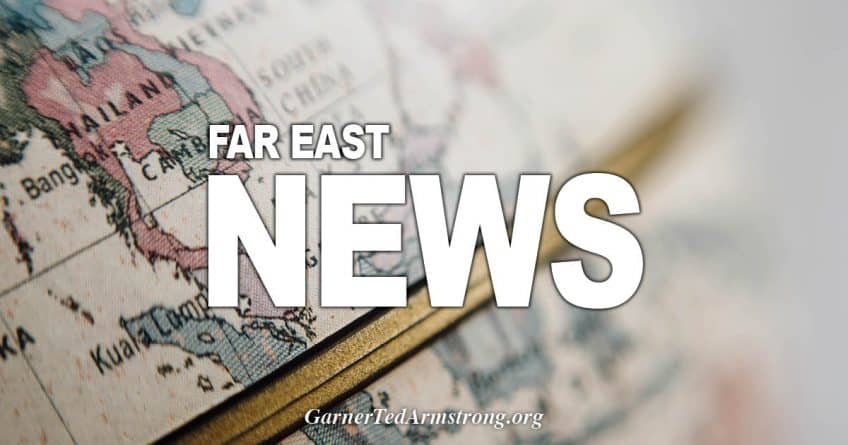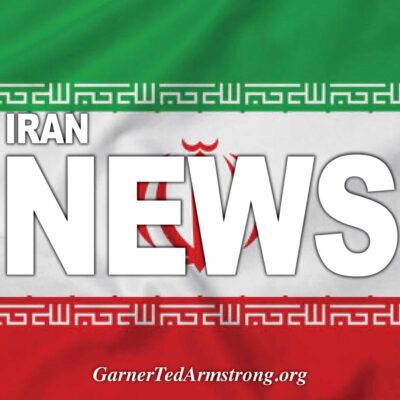China has joined Russia in stepping up its support of Venezuela as it undergoes a political crisis between the government and U.S.-backed opposition.
After recognizing National Assembly head Juan Guaidó’s claim to the presidency on Wednesday, President Donald Trump and his administration have laid out measures intended to force Venezuelan President Nicolás Maduro to cede power, including new sanctions against the Socialist-led country’s state-run oil company, at a time the nation is already suffering from a debilitating financial crisis. Washington’s moves have been welcomed by allies, but condemned by rivals such as Moscow and Beijing. The latter said Tuesday that it was “committed to the principle of noninterference in other countries’ internal affairs.”
“We believe that Venezuela’s affairs must and can only be chosen and determined by its own people, and we oppose unilateral sanctions,” Chinese Foreign Ministry spokesperson Geng Shuang told a press briefing. “History has taught us that external interference or sanctions, instead of helping solve problems, can only complicate matters.”
“Sanctions on Venezuela imposed by the relevant country will adversely impact local people’s well being and should be held accountable for all the ensuing serious consequences,” Geng added, noting that “China will continue to advance across-the-board cooperation with Venezuela to deliver more benefits to the people in both countries.”
That same day, Russian Foreign Minister Sergey Lavrov condemned the U.S. sanctions as “illegitimate” and “cynical,” pledging that his country “along with other responsible members of the global community will do everything to support the legal government of the president.” One day earlier, the Kremlin had denied sending new military assets to protect Maduro, but joined Iran in warning the U.S. against taking any actions in Venezuela, where millions have fled deteriorating economic conditions and alleged human rights abuses.
Russia considers Venezuela to be a close ally in the West and last month Moscow sent an air force delegation to conduct training over the waters of the Caribbean. The moves, which drew Cold War-era comparisons, as they accompanied the White House’s vows to dismiss a landmark nuclear missile treaty and warming ties between the Kremlin and Soviet ally Cuba, drew a negative response from Washington.
Beijing and Moscow have increasingly attempted to align their foreign policies in recent years in the face of what they see as Washington’s hegemony abroad. The U.S. has, for its part, accused its top two global competitors of undermining a “rules-based international order.” The U.S. has also sought to counter growing Chinese and Russia influence in Latin America, where Washington has for decades intervened against leftist and socialist movements, including an alleged CIA role in the 2002 coup attempt against Maduro’s predecessor, Hugo Chávez.
China and Russia were joined by leftist-led Latin American nations Bolivia, Cuba, El Salvador and Nicaragua, as well as Dominica, Suriname, Saint Kitts, Nevis, Saint Vincent and the Grenadines in the Caribbean sphere, and Belarus, Cambodia, Equatorial Guinea, Iran, Laos, the Palestinian government, South Africa, Syria and Turkey abroad in supporting Maduro. Nearly every other Latin American state has sided with the U.S., as have Albania, Australia, Canada, Georgia, Haiti, Israel, Kosovo, Taiwan and the United Kingdom.
Others, such as Mexico and Uruguay, have remained neutral and offered to mediate between Maduro and Guaidó. India and the European Union have also called for calm and sought dialogue between the Venezuelan rivals as the feud grew increasingly precarious.
As White House national security adviser John Bolton announced the sweeping sanctions against Maduro’s government Monday, he held in his hand a notepad with what appeared to be the words “5,000 troops to Colombia” written on it. U.S. right-wing-led allies Brazil and Colombia surround Venezuela, which rallied troops as Bolton reiterated Trump’s promise that “all options were on the table” in response to dealing with Venezuela.
The U.S. has decided to recall some of its diplomatic staff in Venezuela, while keeping others there, despite Maduro’s call for them to be expelled, a decision that the State Department contended he no longer had the legal authority to make. Bolton warned of a “significant response” should any harm come to U.S. citizens, as Venezuelan Defense Minister Vladimir Padrino declared that armed forces supporting the government were “ready to die” to defend the country against “constant attacks from American imperialism.”
Guaidó told BBC News on Tuesday that his “duty is to call for free elections because there is an abuse of power and we live in a dictatorship.” Meanwhile, Maduro told Trump “hands off Venezuela” in an English-language message.
In response to Venezuelan Attorney General Tarek William Saab’s calls for Guaidó to be banned from exiting the country and for his funds to be frozen, Bolton also warned of “serious consequences for those who attempt to subvert democracy and harm Guaido” in a tweet.
This article has been updated with a tweet from White House national security adviser John Bolton.
Source: https://www.newsweek.com/china-back-venezuela-warns-consequences-1309716?piano_t=1
[Disclaimer]











